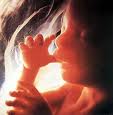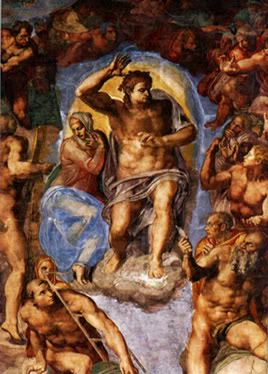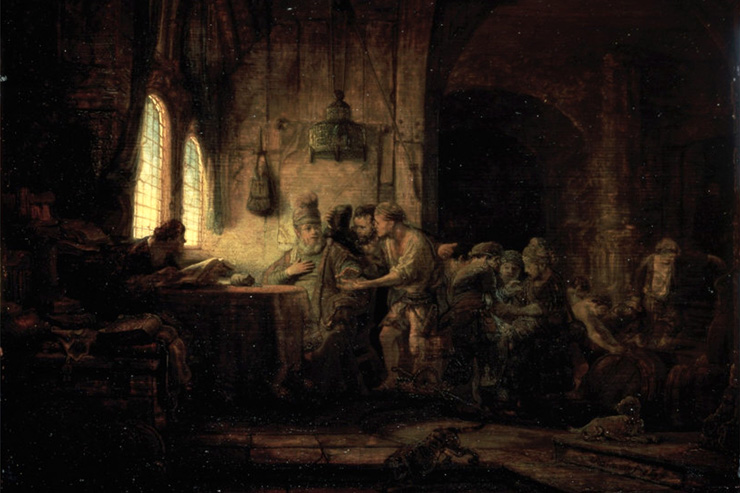 I recently had a conversation with a man whose mother suffers from a disease that the man contended could be cured if only sufficient medical experimentation could be conducted using embryonic stem cells. There is no evidence that such research could help discover a cure or even helpful treatments, but that question is really not relevant. The relevant question is whether the research advocated could be conducted without destroying an innocent human life. At the present time, the answer to that question is “no”.
I recently had a conversation with a man whose mother suffers from a disease that the man contended could be cured if only sufficient medical experimentation could be conducted using embryonic stem cells. There is no evidence that such research could help discover a cure or even helpful treatments, but that question is really not relevant. The relevant question is whether the research advocated could be conducted without destroying an innocent human life. At the present time, the answer to that question is “no”.
Catholic Teaching on the Life and Dignity of the Human Person: Every human person is created in the image and likeness of God. Therefore, each person’s life and dignity must be respected, whether that person is an innocent unborn child in a mother’s womb, whether that person worked in the World Trade Center or a market in Baghdad, or even whether that person is a convicted criminal on death row. We believe that every human life is sacred from conception to natural death, that people are more important than things, and that the measure of every institution is whether it protects and respects the life and dignity of the human person. —USCCB Administrative Committee, Faithful Citizenship: A Catholic Call to Political Responsibility, p. 13
The first principle of Catholic Social Teaching is the absolute, God-given dignity of the human person. It is from this principle that we believe in the right to life of all innocent human persons. The new life begun as a result of human conception is, well, human. It is not a fish, animal or plant. It is distinct from its mother and father. As such, this new life is simply a human life at its particular stage of development, no different in that respect than a new-born, a child, a teen, an adult or an elderly human being.
Yes, this new human life is dependent on its mother for survival, but then so is a new-born human baby dependent on other human beings for its survival. Dependency is not to be confused with distinction. Human dignity is not something we earn. It is not based on our health, wealth, achievments or any other standard of man apart from God, its origin.
The discussion was not proceeding along a path to mutual understanding, much less in a direction that would persuade the man that it would be a moral crime of great gravity to end the life of an embryo to enable research that might or might not be helpful for his mom.
At this point, the man said that he simply did not understand how the Catholic Church could value the life of a blastocyst more than his mother. I replied, “But the Church does not value the human life you call a blastocyst more than the human life you call your mother, the Church values both humans the same.”
This stopped him. He said he would have to think that over. I don’t know this man and have no way to now know if he was persuaded by the argument. I pray he was. And I pray for the day when all humans are respected and protected.
If you liked this article, click on “Recommend” to share with your Facebook network. And please share your thoughts on this article by submitting your comments below. – The Editors













